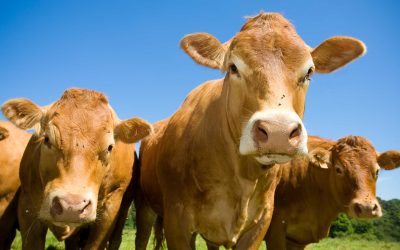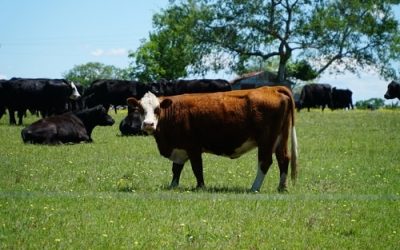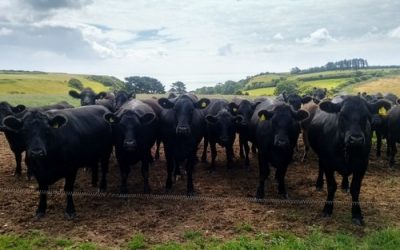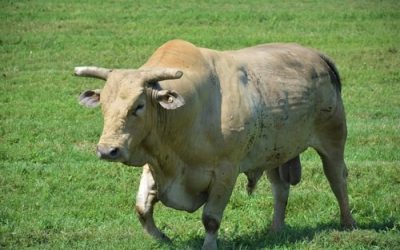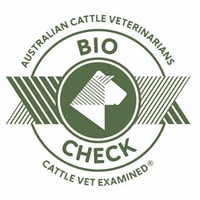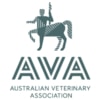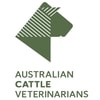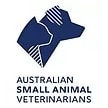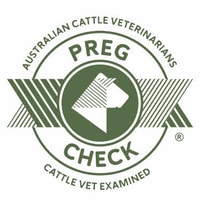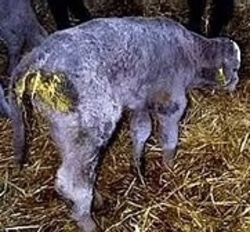
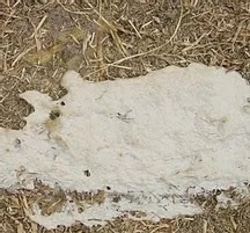
Young – less than 4 weeks of age
The 4 common causes of scours in calves are: Rotavirus, Coronavirus, Cryptosporidium or E.coli. Other less common causes are Salmonella, Clostridium perfringens, BVD (pesti) and coccidia. Sometimes the faecal colour can be yellow, blood tinged or white.
The main reason that calves die from scours is due to dehydration. It is best to bring in a faecal sample so that we can test it with a scour kit costing around $50 and then may need to send some to DPI for culture and sensitivity. Then knowing what it is, we can best suggest how to treat for it.
Rotavirus and coronavirus are best treated with electrolytes and maybe scourban/neosulcin tablets. Cryptosporidium can only be prevented through the use of halocur which helps stop the oocyst from multiplying. E.coli can be quite nasty and often requires aggressive treatment with antibiotics, scourban/neosulcin and fluids. Often these may require IV fluids and antibiotics.
Salmonella can be very hard to treat as they often can die before sufficient treatment can be provided. This is more often controlled with vaccinating against salmonella. Pestivirus can not be treated for and only supportive treatment is available. Isolating the sick ones and keeping them separate from the rest of the herd and potentially moving the herd to a clear paddock can help reduce the chance of spreading the disease.
There is a vaccine available that helps to prevent the likely causes of calf scours and needs to be administered to the dams around 10-12 weeks before calving and again 6-8 weeks before calving to allow sufficient antibodies to pass in the milk to the calf in the colostrum.
Older 1-6 months of age
More likely reasons for this age group are coccidia, E.coli and salmonella. Potentially pestivirus or worms as well. Coccidia is normally present in the animals but can increase its numbers in times of stress. Once again, looking at some faeces under the microscope may show the oocysts that these produce. This is treated with an anticoccidial drug orally.
How to Rehydrate Calves
First you need to assess how dehydrated the calf is.
| % Dehydrated | Skin tent (sec) | MM colour | Signs | Fluid therapy |
| 0-4 | 1-4 | Moist | Standing / Suck present | None |
| 5-8 | 5-10 | Dryish | Weak suck / cold | Oral electrolytes |
| 9 + | 11 + | Dry | No suck / lying down | Needs IV fluids |
Amount of fluids needed for the day:
% dehydrated (ie 3% is 0.03) x body weight (kg) + ongoing losses of 1-4L/day (depends on scours) + maintenance fluids of 72ml/kg/day
Divide this value over the 24 hours and give in 3-4 lots of volumes.
Sometimes calves won’t suck and so use of fluid feeder is mandatory. They are available from the clinic.
Prevention
- Making sure that calves receive colostrum within the first 6-12 hours of birth. Sometimes you may need to feed them some by stripping cow
- Keeping a closed herd and not buying from saleyards etc can help reduce incidence
- Removing sick calves quickly and isolating with dam from the rest of the herd
- Vaccinating dams for most likely diseases- Bovilis Rotavec Corona vaccine at 10-12 weeks before calving and then 6-8 weeks before calving. There is also a vaccine against Salmonella available.
RELATED ARTICLES
Castration Techniques in Cattle and Small Ruminants
Castration Techniques in Cattle and Small Ruminants Throughout the wet season, The Pittsworth Veterinary Surgery have been seeing a few more cases of cattle and small ruminants with post-castration swellings and infections. So, we’ve compiled the few methods of...
Grain Poisoning in cattle
Feeding cattle grain is a very common practice in this area but it doesn't come without it's risks. One of the most common conditions we see is grain poisoning or acidosis, which can be fatal however the good news is that there is a lot we can do to prevent it! ...
Bovine Ephemeral Fever – 3 Day Sickness
3 day sickness is a disease of cattle seen predominantly in Southern - Eastern Australia down through NSW where the vectors (for eg. Midges) travel. The typical time period where cases tend to increase is January to April. With earlier Spring rain though, this...
Bull Semen Evaluation
We strongly recommend getting all bulls intended for use that season semen tested at least 2 months before they are intended to be bred with to allow for any problems that may arise to rectify themselves as well as time to look for a replacement bull if necessary....
RELATED
ARTICLES
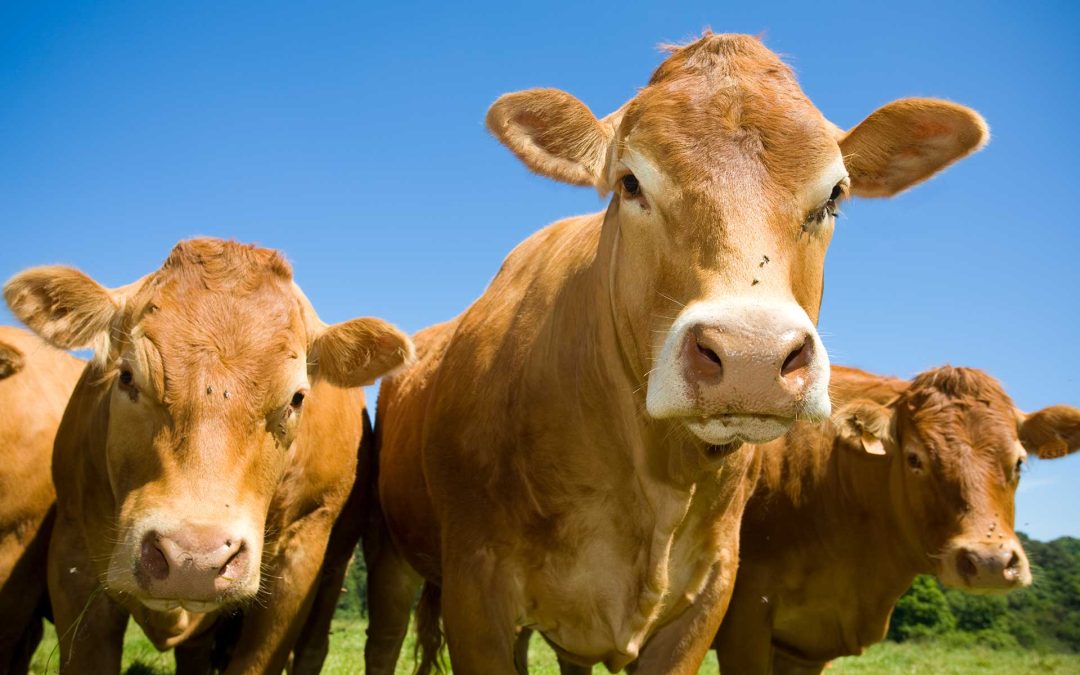
Castration Techniques in Cattle and Small Ruminants
Castration Techniques in Cattle and Small Ruminants Throughout the wet season, The Pittsworth Veterinary Surgery have been seeing a few more cases of cattle and small ruminants with post-castration swellings and infections. So, we’ve compiled the few methods of...
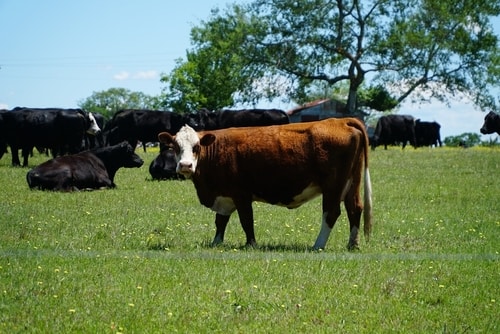
Grain Poisoning in cattle
Feeding cattle grain is a very common practice in this area but it doesn't come without it's risks. One of the most common conditions we see is grain poisoning or acidosis, which can be fatal however the good news is that there is a lot we can do to prevent it! ...
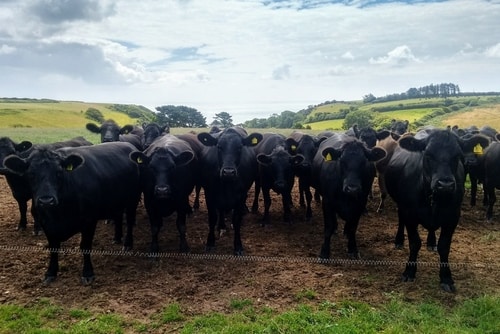
Bovine Ephemeral Fever – 3 Day Sickness
3 day sickness is a disease of cattle seen predominantly in Southern - Eastern Australia down through NSW where the vectors (for eg. Midges) travel. The typical time period where cases tend to increase is January to April. With earlier Spring rain though, this...
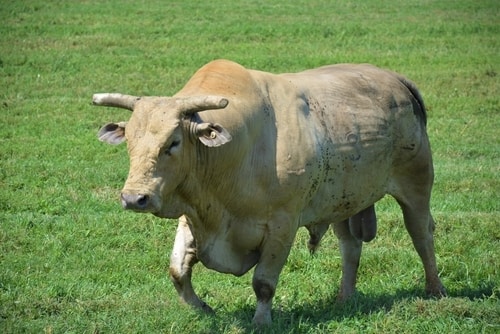
Bull Semen Evaluation
We strongly recommend getting all bulls intended for use that season semen tested at least 2 months before they are intended to be bred with to allow for any problems that may arise to rectify themselves as well as time to look for a replacement bull if necessary....
Call Us Today To Discuss Your Animal Needs
Business Hours Phone: 07 4693 2233




